Beans are rich in protein and fiber, very low in fat, and low in calories. They are also extremely rich in a huge number of vitamins and minerals.
Beans are also rich in sufficient amounts of zinc, copper, manganese, selenium, as well as vitamins B1, B6, E and K.
One serving size (171 grams) of cooked beans contains:
245 calories
15.4 grams of protein
1.11 grams of fat
44.8 grams of carbs
15.4 grams of fiber
28% of the DV for thiamine (vitamin B1)
Folate (vitamin B9): 74%DV
Copper: 42%DV
Manganese: 34%DV
Beans are one of a kind among plant foods because they’re so high in protein, making them an important source of protein for a vegetarian diet.
Benefits
Help with weight loss
Eating beans can support weight loss because their high protein and fiber content helps you feel fuller longer. Promote heart health
Beans can decrease the risk of heart disease: they lower levels of LDL, or bad, cholesterol in addition to blood pressure and inflammation.
May decrease type 2 diabetes
Beans have been demonstrated to improve individuals with type 2 diabetes especially because they are so high in fiber and low in glycemic index (GI).
Side Effects
Beans induce gas in some people
Other legumes, beans, for example, contain raffinose, one type of fiber that will induce discomfort in digestion in some, creating gases leading to flatulence, stomach aches, or bloated stomachs.
In addition, soaking or boiling dry beans has also been shown to decrease raffinose content levels by as much as 75%. Perhaps the fears associated with beans and the capacity to create gas, which is often considered an exaggeration, may be somewhat true since, when ingested, half of the people at some point will experience these symptoms.
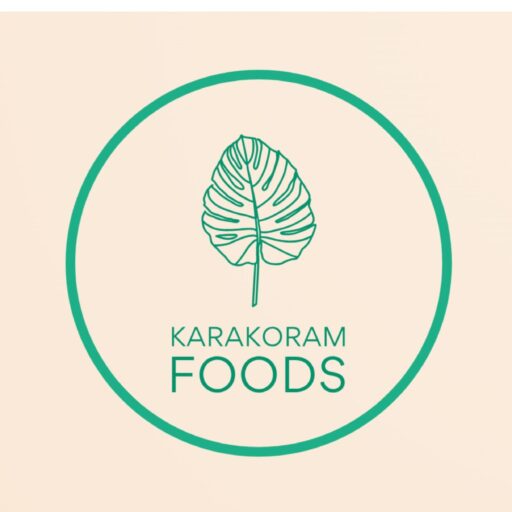
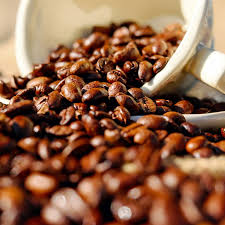
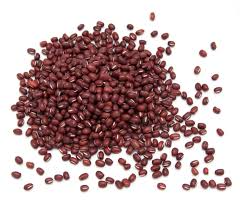
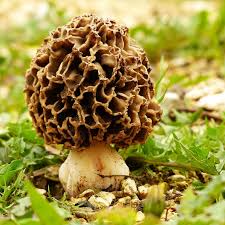
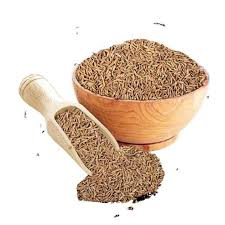
Reviews
There are no reviews yet.